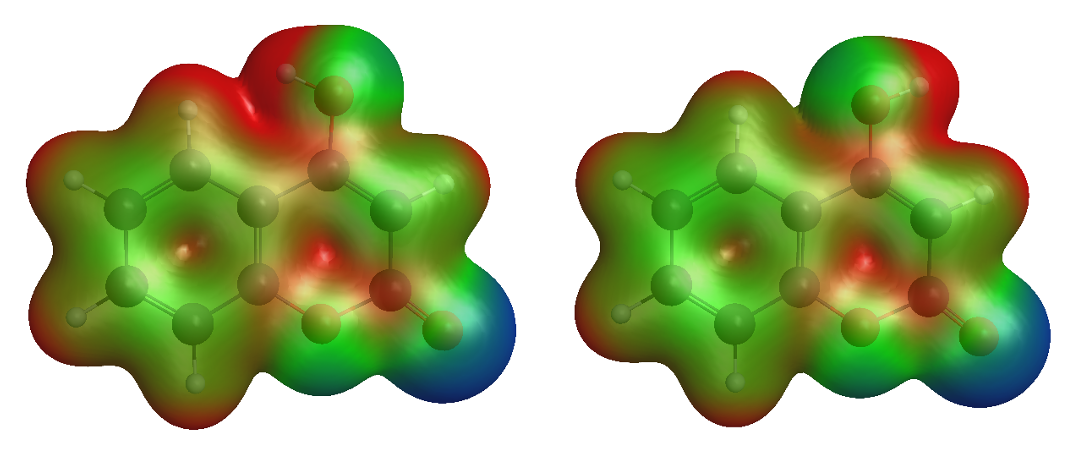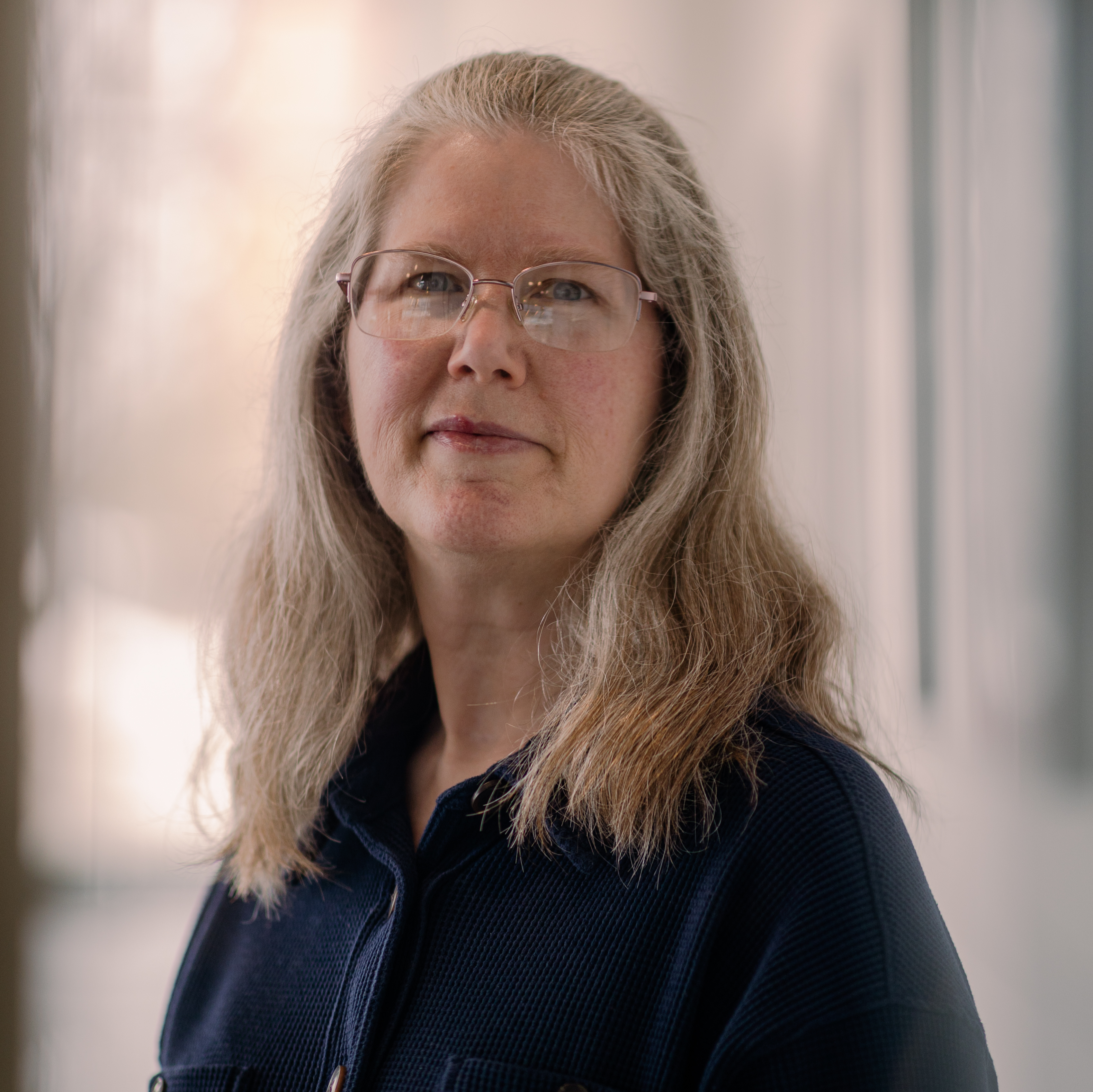About Me
Dr. Theresa Windus is a Distinguished Professor in the Chemistry Department at Iowa State University and a Senior Scientist at Ames National Laboratory. She was the project lead for the NWChemEx project, and she is the Deputy Director for the Molecular Sciences Software Institute MolSSI. Theresa’s research interests include using new models (including machine learning) to understand and predict chemical processes, high-performance quantum chemistry, and heavy element chemistry.
Why I Like My Research
Computational chemistry lets me learn about chemistry without getting into the lab - where I am a disaster. However, since I love understanding why chemistry works, combining chemistry with computers and math is the perfect place for me! I also love mentoring students and helping them learn to think critically about research. So, being a mentor in the SIMCODES project is truly exciting!
Success in My Group
Ultimately, success in my group is measured by the effort one puts into learning and, hopefully(!), in new science that leads to publications. In the SIMCODES project, we are especially interested in working with early career undergraduate students who may not have any or much research experience. So, understanding the basics of how research projects work is also a goal for the project.
Example Research Projects
Some of the research projects REU students can work on with me include:
Enzyme Screening using Machine Learning Models
An important aspect of enzyme design is assessing potential candidates. One way to do this is through high-throughput screening which relies on computing QM (Quantum Mechanics)/MM (Molecular Mechanics)-based properties of each potential candidate. We will first generate MM and QM/MM properties for a series of enzymes and then train an ML model to reproduce the properties. As part of this training, we will focus on reaction pathway optimizations to gain information on the kinetics of the enzymatic processes. Reaction pathway optimization is a notoriously difficult problem, particularly for chemical systems with many degrees of freedom. The situation becomes even more complicated when one factors in reaction conditions (e.g., temperature, pressure, pH). This project will generate dynamics data for a series of enzyme reactions, under a series of reaction conditions. Next, an ML model will be trained to reproduce the simulations. Additional research directions, include predicting how the properties will map to reactivity, or using ML to predict a more meaningful set of properties. Modifications on existing enzymes will be used to test the predictive capabilities of the ML models.


